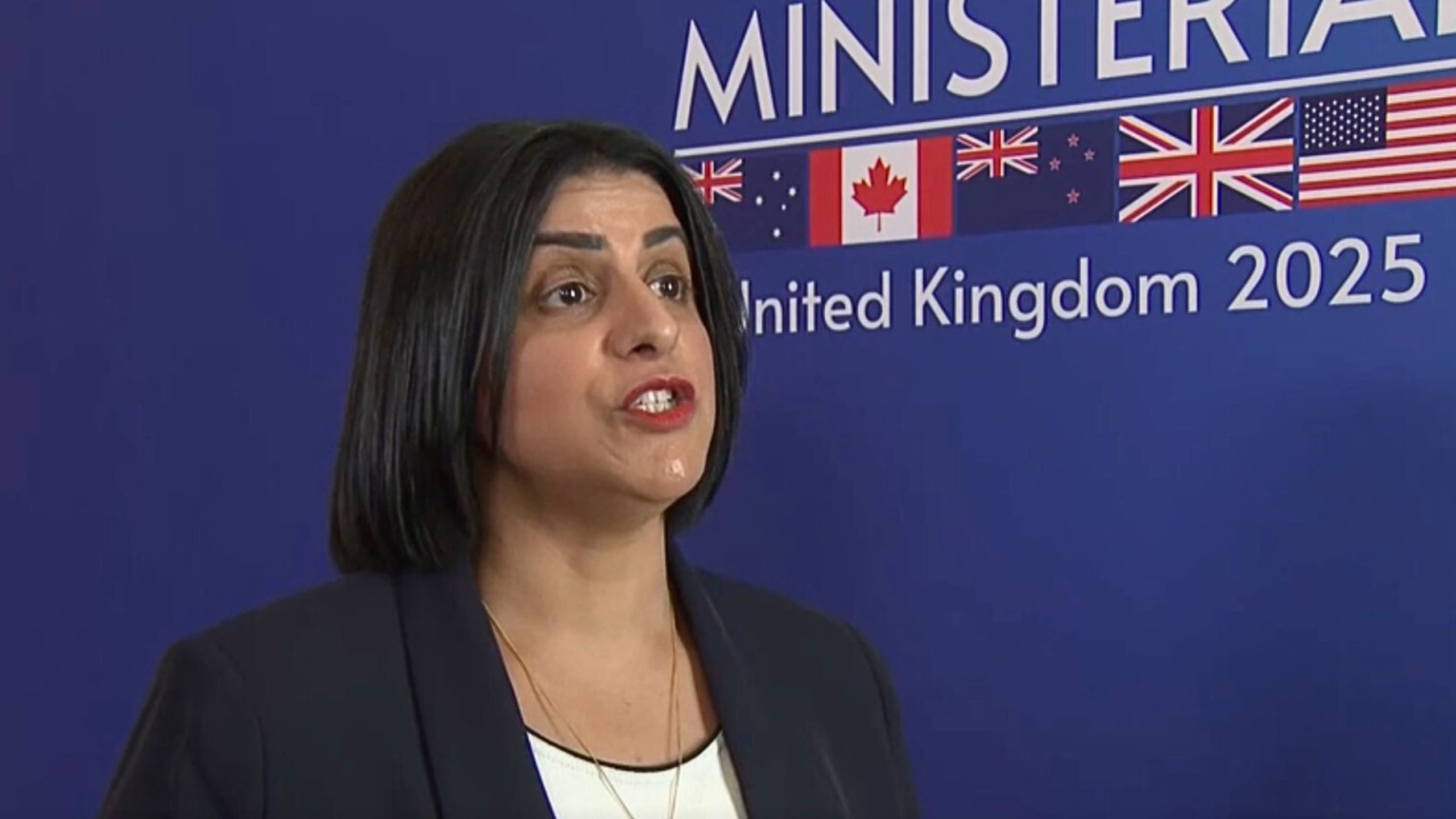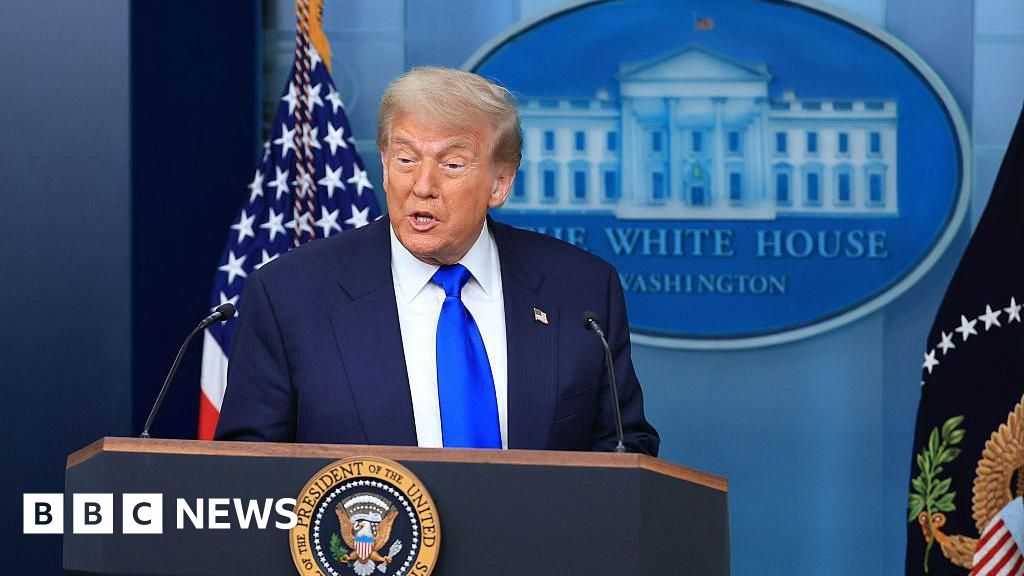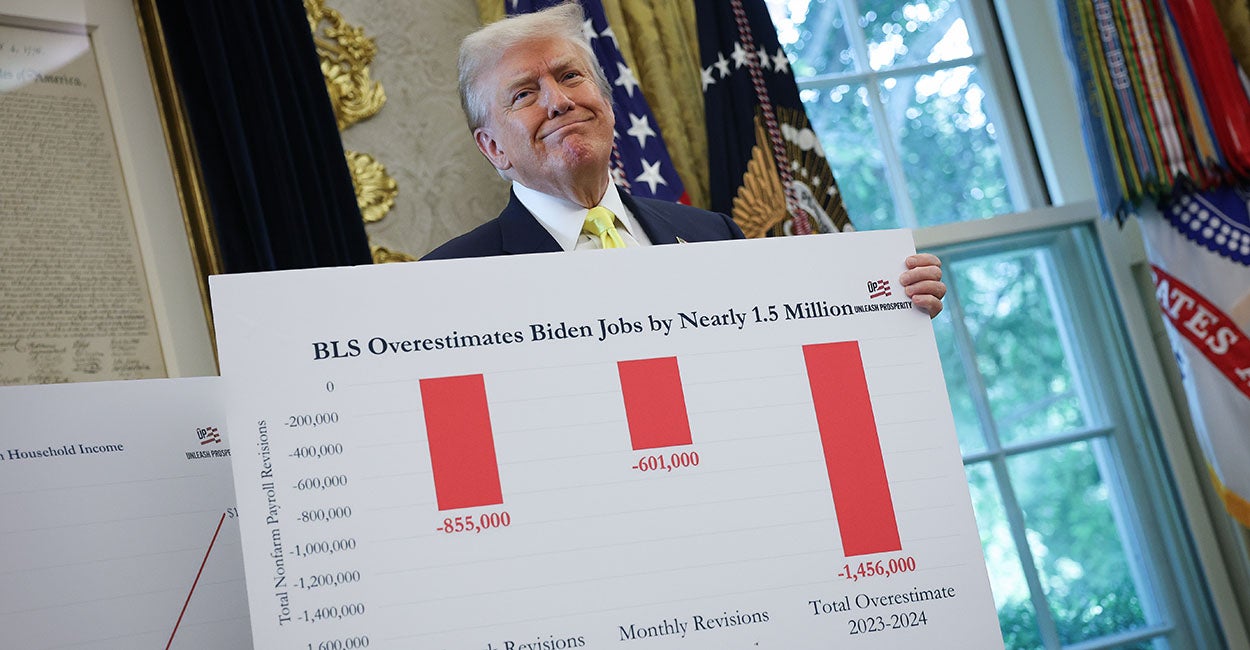What Has Gone Wrong With Books About How-Everything-Has-Gone-Wrong-and-What-To-Do-About-It And What To Do About Them

In the last decade or so we have witnessed the arrival of a literature that explains to us:
- how everything has gone wrong
- what we can do about it.
It is a Witch Doctor literature, but instead of Raving Shamans or Mad Micahs, we have besuited and wired policy experts or untied and slacked academics, telling what is wrong and what to do about it. You know, Rory Stewart, Alastair Campbell, Devi Sridhar, James O’Brien, Matt Goodwin, Anne Applebaum, and countless others on both sides of the Atlantic. This literature is mostly devoted to telling us why whatever we (that’s you and me) think has gone wrong has only gone wrong because we are conspiracy theorists or on the extreme Right: in other words, it is a vast, complicit ideological literature of nervous-complacent establishment political correctness.
This is a language, and it is a literature: but it is a bad language and a bad literature. If someone were to ask me what is wrong – not likely – I would say that it is this sort of language, and if someone were to ask me what to do about it – even less likely – I would say stop reading this literature.
It all started, believe it or not, with Quentin Letts’s books Bog-Standard Britain: How Mediocrity Ruined This Great Nation (2008) and The 50 People Who Buggered Up Britain (2009). I am joking, and so was Letts. But now everyone, and with a lot less humour, is in the business of condemning England, Britain, the West, the World and then saving England, Britain, the West, the World: oh, and Democracy – and Politics. Consider:
- Isabel Hardman, Why We Get the Wrong Politicians (2018, revised 2022)
- Alastair Campbell, But What Can I Do?: Why Politics Has Gone So Wrong, and How You Can Help Fix It (2023). Where Campbell complains about the fact that time has a wallet on his back.
- Ian Dunt, How Westminster Works… And Why It Doesn’t (2024): “British politics is broken…”
- James O’Brien, How They Broke Britain (2024): “Something has gone really wrong in Britain…”
- Sam Freeden, Failed State: Why Britain Doesn’t Work and How We Fix It (2025): “Why does nothing work in Britain?…”
- Torsten Bell, Great Britain? How We Get Our Future Back (2025): “Things have not been going great for Britain…”
(Oh, and there was that woeful Failures of State book about Covid.) I am pretty sure I saw more than these on sale in Waterstones, though I only bought one – the one I look at below. And this is not to mention all the books on the death of democracy, which I mentioned in an earlier article. Why Democracies Die by Levitsky and Ziblatt (2018), plus Why Nations Fail by Acemoglu and Robinson, etc, etc.
We have a new death cult, and it is evident in our literature. We have a death-wish: which is, of course, since we are all – like Putin and Xi – interested in immortality, a very reluctant and fearful death wish: a hoping-not-to-die-death-wish. Everywhere everything is dying, and yet living on: bearing out the frivolous claim that we live in zombie times.
Lord. Every book is like a Little Jesus. Coming – again and again and again (as my son always used to shout after I had thrown him up to the ceiling for the 10th time) – these messiahs want to tell us, like prophets, what is wrong, and then tell us, like rabbis, what to do about it. Here is, for instance, the great Devi Sridhar with her book Preventable: How a Pandemic Changed the World and How To Stop the Next One. To which my response is the highly technical one, Fuck Off. Can these writers, or their editors, or the publishers, stop changing the world and then saving the world? Every wretched history is either telling us what made the world (coffee, slavery, capitalism etc.), or what is still making the world (racism, empire etc.), or what we need to do to save the world (er, nothing much, as every author’s suggestions turns out to the same attenuated piffle, usually rejected by the next book that comes along, offering its own attenuated piffle).
Amusingly, someone has even tried to suggest an alternative:
- Sarah Stein Lubrano, Don’t Talk About Politics: How to Change 21st Century Minds 2025)
Her argument is that talking about politics changes nothing, because we are all mired in sociological and psychological, er, traps (that only a sociologist or psychologist can understand): and so she asks how we can stop arguing and get on with betterment. Well, toss a coin. For I want to write a review of what, as far as I can see, is the most serious of all these books. This is by Ben Ansell. But I should warn you that Ansell thinks that the mistake would be to stop talking about politics, or in the new language of people like David Runciman, to stop doing politics. Toss a coin.
But let us contemplate this particular book:
- Ben Ansell, Why Politics Fails: The Five Traps of the Modern World – And How to Escape Them (2023)
He outlines five traps. Traps? I wonder why everyone came to like this language of ‘traps’. David Runciman used it in The Confidence Trap (2013), and then Yascha Mounk used it in The Identity Trap (2023). Perhaps I should use it, too, as I went to the same college as Runciman and Mounk: indeed, I was taught by Runciman, and taught Mounk – though for one hour only, I should say. I suppose it is part of the habit academics have of suggesting that reality is one step more tricky than it appears. You know, here is Chris Clark’s Sleepwalkers: arguing that everyone from Edward Grey downwards thought they were awake in 1914 when they were actually asleep: and this is because what they were conscious of was not necessarily what, in retrospect, to the academic mind, strikes us as the essential facts. There is a bit of Professor Hindsight about all this: but that, of course, is to be expected.
More on this, if I may. David Graeber is still the most remarkable man of our time. He has, since his death, published a lot of books. Putin and Xi are said to be interested to know how he is doing it. A recent collection of his essays is entitled The Ultimate Hidden Truth of the World. Even I brace myself for an astounding revelation when I see such a title. Well, what is the ultimate hidden truth of the world? (Note: “hidden”, again: with the social scientist or other academic claiming to reveal something hidden to us.) Let me quote him:
The ultimate hidden truth of the world is that it is something that we make, and could just as easily make differently.
Thanks, Graeber. Now tumble him back into the grave, lads.
So, anyhow, Ben Ansell suggests that there are five traps. Let’s get ‘em clear, clearer than he seems to be able to get them (I am writing this to get ‘em clear):
- The democracy trap. “There is no such thing as the will of the people.” (What? what?) He means everyone disagrees: or, disagreement is ineliminable in any society, so good luck with democracy.
- The equality trap. “Equal rights and equal outcomes undermine each other.” This is comprehensible. But who has ever wanted both except half-witted undergraduates?
- The solidarity trap. “We only care about solidarity when we need it ourselves.” I am not sure this is a trap. It is just common sense. Anyhow, Ansell thinks it is a trap and that we have to escape it. (Perhaps stop calling things ‘traps’ and you might stop wanting to escape them.)
- The security trap. “We can’t avoid anarchy without risking tyranny.” This, again, sounds like a good assessment of the state of things to me: and not a trap. Yet Ansell wants to ‘escape’ it.
- The prosperity trap. “What makes us richer in the short run makes us poorer in over the long haul.” This seems dubious at a glance. It ain’t necessarily so. Define rich. Define poor. Consult the hunter-gatherers. Ask David Hume what he thinks. Etc. Anyhow, Ansell, with his Houdini taste for escapologist political science, wants to escape this, since he thinks it is a trap. (It is actually the climate crisis trap.)
There are several problems with all this, as should be obvious. One is that Ben Ansell thinks he is writing about politics when he is, alas, writing in politics. He may be a Professor of Comparative Democratic Institutions at Nuffield College, University of Oxford, and he is clearly something of a high-flyer: full professor at the age of 35 and all that. (A relative dunce like Kant only became a professor at the age of 56 or so.) But he finds it hard to rise above politics. On p. 1 we find that he is climate-credulous. And on p. 7 we find that he is Covid-credulous. He is also, as one goes through the book, Trump-credulous and Brexit-credulous, also Ukraine-credulous: one gets the impression that he feels obliged to tick all the boxes of the standard Left academic politics (acronym, SLAP: an exponent of these could be called a ‘Slapper’).
Another problem. He is not really using the language of ‘trap’ correctly. David Runciman used it more subtly in his book The Confidence Trap to say that democracy has worked well because it involves muddling through, but that understanding this is a ‘trap’ because we may think that muddling through in the past means we will always muddle through in the future. Not so! says Runciman. In other words, the trap is found in a belief, a belief that our system, despite its flaws, is superior to all alternatives. Something is true; we believe it is true: our belief that it is true becomes, or might become, a spanner in the works. But Ansell uses the word ‘trap’ in a much cruder way. Listen:
Democracy, equality, solidarity, security and prosperity are admirable things. But in each case we will face a political trap triggered by our self-interest, that stops us from reaching our collective goals.
This is on p. 20. It is all wrong. For what Ansell seems to be suggesting is not that there are five traps, but that there are five goods (democracy, equality, solidarity, security and prosperity) and one trap. And that one trap is our self-interest. And what is this sound? Why, it is good old guilty bien-pensant anti-Brexit quorn from the liberal-centre-Left.
Look at his suggestions. Citizen assemblies, proportional representation, more Left-wing parties in government, welfare states, wealth taxes, universal basic income, etc.
Isn’t a shame that a book with such a dramatic title, and with five such sharp traps, ends up with such attenuated piffle. Ansell calls it “escape” but it sounds like Miliband maunder to me. Lord, even his absolute final conclusion of the book on p. 288 is: “The solutions I’ve offered in this book won’t always work.” I’ll say.
(Plus, for the hundredth time, Ansell, and everyone else, there are no such things as ‘solutions’ in politics. Read Bertrand de Jouvenel. Politics comes in where solutions do not exist, so we require settlements. Stop talking about sand, insoluble, as if it is salt, soluble.)
The major problem is with Ansell’s conception of politics. What is politics? He says: “Politics, at its root, is how we make collective decisions.” And: “More fundamentally, politics is about making promises to each other.” And finally: “Politics is built on uncertain promises because there is no higher power than politics itself.” (These are from pp. 3 and 16.)
These definitions invalidate Ansell’s entire enterprise. Look. His book is called Why Politics Fails. On p. 17 he is there, asking “Why does politics fail? And when can it succeed?” What does he mean? Well, he means the usual thing: delivery of policy, Cockaigne, Heaven-on-Earth, Labour-in-Government-Forever, a World State (he calls it ‘international cooperation’ so there is a universal wealth tax) and God’s knows what.
But, but, but, by his own account there is nothing higher than politics.
If there is nothing higher than politics, Prof. Ansell, then how can you say that politics is failing? For you yourself have declared that we have no independent criterion for any such judgement.
If politics is built on uncertainty then, by definition, it cannot fail, can it?
And this is it. Ansell’s politics – like everyone’s, it seems – is a godless, natureless, idealess politics. It is a politics of status quo secularity which is adjusted, a bit jarringly, by a feelgood habit of policy. It is obsessed with instantiating a perfect future here and now, and hence is an extremely easily disappointed, born-again, aggressive, accelerated, exaggerating politics. And, yes, if anything goes wrong with it we have to blame self-interest.
This is all too feeble. We have collective goals, do we? Yes say the professors. Right, then, self-interest gets in the way of them. That’s the trap. Give me a bloody break. “We have a collective goal of equality,” he declaims on p. 90. But do we? Do we really? And, anyhow, Prof. Ansell, you are the man who writes on p. 82 “until the Enlightenment, most theories of how society should be organised were inegalitarian”. So, even by your own admission, many very civilised figures have disagreed with this collective goal of yours.
Ansell is, I am sorry to say, trapped in his own language. He talks of traps. He talks of escaping them. But, by his own definition of politics, these traps are inescapable. So he cannot escape them. But he must. So he is a cake-and-eat-it-er. He wants to have it both ways. He wants to be grim and realistic and tell us how-it-really-is. But he also wants to be bright and bold and tell us how-it-really-should-be. This is a psychosis, and it is, by and large, ours. It is a sort of platform of understanding that clever people climb to in our time. But it is an arbitrary platform of understanding. And for me it is simply not good enough.
Look, Ansell, either politics is all there is, and inescapable, or it is not.
If it is inescapable, then there is no escape. There is no escape from any trap. Why? Because, by your definition, the trap is the reality.
But if it is escapable, then you are wrong, sir, when you say that there is nothing higher than politics. Because there must be something higher, or at least something other, to which we can escape.
Read Plato, the Bible, Shakespeare, and then come back, Ansell. You have much to learn.
In fact, there is more wisdom in the prologue of Piers Plowman than in Why Politics Fails. There, an angel says, in Latin, that kings should be just and merciful and pious. An outspoken man says that kings cannot be any of these things unless they hold power. Then the commons say, trying to find common ground, that the precepts of the king are the bonds of law. This is all very paradoxical: tragic, if one likes, or comic, or just true. Anyhow, in that jangle of Latin over a few pages of a 14th-century book we have a clearer statement of the problems of politics than in Ansell’s three hundred pages.
What is good about Ansell’s book? Well, it has fragments of academic learning, for those of us who like that sort of thing. He has interesting things to say about the invisible American welfare state. This is as profound a suggestion as that Britain has an unwritten constitution: and I think everyone would learn something by reading pages 130-179. (The argument is that America has a welfare state, but that it is invisible, hidden in the tax code, and therefore cannot serve as a basis for solidarity in the USA. Which is interesting. Ansell also says, rather brilliantly, that the NHS is a conspiracy to disguise the fact that services in the UK are so meagre, which is, at least, a charmingly unexpected argument.) In relation to his bigger argument, Ansell identifies three rivals to ordinary politics: these are genuinely often mentioned in the press and by politicians as ‘escapes’, so this is worth a list. These are 1. technology, 2. markets and 3. leadership. He says, quite rightly, that we cannot solve political problems simply by turning to Elon Musk, or to Hayek, or to (his caricature of) Trump. Fair enough. But – he reifies his fourth, 4. ‘politics’, and wants it to work, and knows it doesn’t, and so tries to save it: but saves it, as it seems to me, by getting all dirty and political in the party-political sense. He posits as objective certain goods that are far from certain or objective: his democracy, equality etc., and then alleges that each has a trap, and that this is something to do with pesky self-interest. About self-interest he is reasonable (we cannot eliminate it, etc.), but ultimately sounds as if he is just one more instantiation of nostalgia-for-Bretton-Woods-and-Butskellism 1960s-era tax-and-spend-and-regulate politics. This might be good for Oxford, or good in Oxford, but it is not good for us.
Anyhow, I tire of these books that follow the vogue for making politics existential in the sense of apocalypse-now. Politics is existential, to some extent; and, depending on what we mean by politics, it is either a hardy perennial, or an occasionally brilliant or deadly-dull distraction: but insofar as it is existential, it is existential all the time, and we really should have fewer books about what is wrong this week and what should be done this week as if we are the first creatures on earth to have felt a bit uneasy about what we see in the world. Not all of our literature about politics should be forced into the corset of policy documents. I think Prof. Ansell is better than this.
Finally, of course, he does not even begin to consider the possibility that almost all his own preferences are part of the political problem of our time.
James Alexander is a Professor in the Department of Political Science at Bilkent University in Turkey.
Recent Top Stories
Sorry, we couldn't find any posts. Please try a different search.











